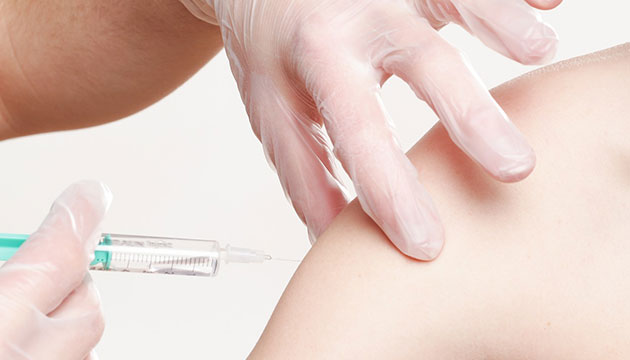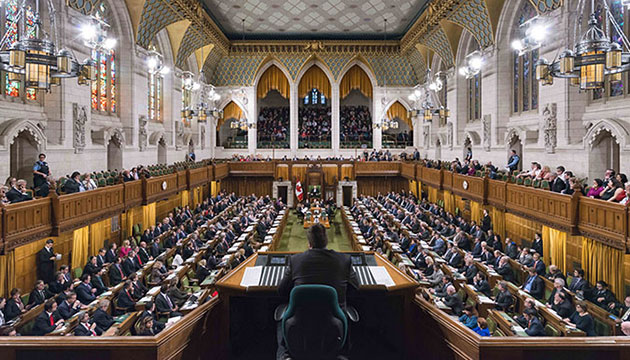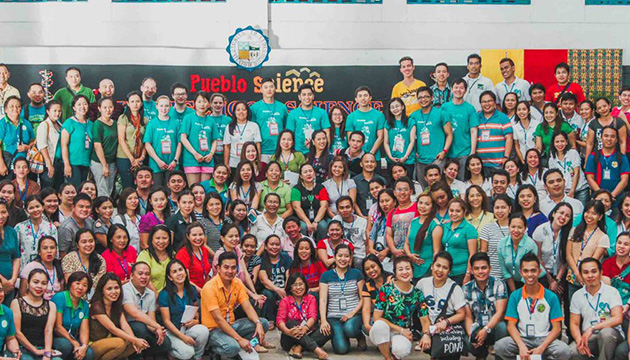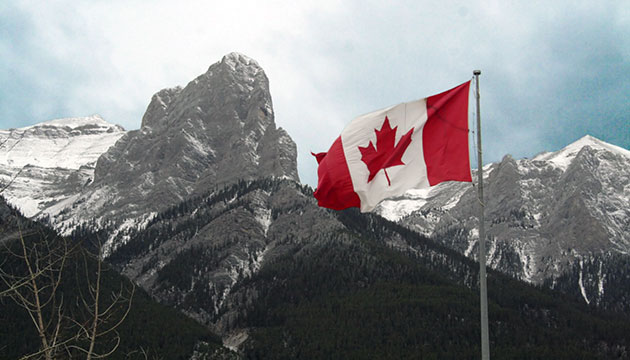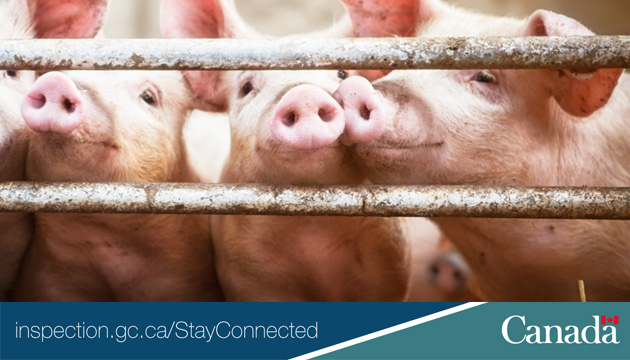(This is Part 36 of Dr. Pagtakhan’s column Medisina at Politika in Pilipino Express.)
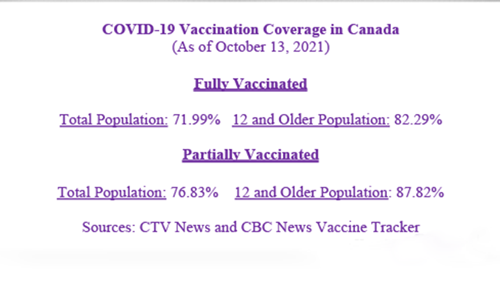
Editor’s Note: In February 2020, CFNet started publishing Dr. Rey Pagtakhan’s Commentary on COVID-19. Now on Part 36 of his running commentary, Dr. Pagtakhan – a retired lung specialist and former Member of Parliament – has kept the Filipino community and other CFNet readers continually informed about 1) the pandemic and its impact, 2) the scientific advances on drugs and vaccines, 3) the effectiveness of public health measures, including mass vaccination, 4) the danger of misinformation and disinformation, and 5) sound public health policy.
October 16, 2021, Winnipeg: “Vaccination is still the best way to reduce the risk of infection, hospitalization and death from Covid-19,” recently reiterated Dr. Anthony Fauci, a world-renowned pandemic expert and the Medical Advisor to U.S. President Joe Biden. Get fully vaccinated is the takeaway message.
My immediate family in Winnipeg is fully vaccinated, except for our grandchildren under 12. We joyfully gathered at home on October 11 for our annual Family Thanksgiving tradition. Still, we missed one family in Ottawa. Although both parents are fully vaccinated, their only son is still non-eligible for the COVID-19 vaccine and we felt that air travel for the family celebration was best postponed.
Efficacy and Safety of COVID-19 Vaccines Crystal Clear
Frankly, our family did not think we could do this year’s get-together when we missed last year’s celebration. Just as we did not anticipate that COVID-19 vaccines would become available for mass emergency use in Canada in December 2020 to urgently slow the spread of COVID-19.
Indeed, many serious illnesses, hospitalizations, admissions to intensive care units and deaths due to COVID-19 have since been prevented. And even when breakthrough infections with the more deadly Delta variants had occurred, the illness had not been as severe and the mortality was much less among the fully vaccinated.
Evidently, the safety and effectiveness of the vaccines are crystal clear. So much so that last month on September 16, Health Canada gave full approval to both the Pfizer and the Moderna COVID-19 vaccines[henceforth to be known, respectively, as “Comirnaty” (brand name for the ingredient tozinameran) and “SpikeVax” (brand name for the ingredientelasomeran) ] for anyone aged 12 and older – a testament to their efficacy and safety after billion of doses have been administered worldwide.
Current Track Record of Vaccination in Canada
Around press time (October 13), only about a third – 35.42% –of the world’s population has been fully vaccinated, with 47.69% having received only the first dose. It is only close to a fifth of the population in the Philippines for both the first and the full dose (22.69% and 21.1%, respectively). For the U.S., the respective figures are much better at 64.64% and 55.81%. Fortunately for Canada, the corresponding vaccination rates are even higher: 76.83% and 71.99% of the total population, or 87.82% and 82.29% of those eligible 12 years of age and over. This places Canada’s standing at 19th place among the nations of the world. But the vaccine coverage for both Alberta and Saskatchewan – the two prairie provinces which had recently experienced a resurgence in crisis proportions so as to call for help from the Canadian Armed Forces and to accept the offer of assistance from the province of Newfoundland and Labrador – are below the national average.
Availability of vaccine supply helps explain the differences in rates of immunization among nations, a pressing issue the World Health Organization is continually challenging the world’s wealthy economies. Another factor is the difference in political climate in North America, that is, greater polarization and political divide in the U.S. than in Canada.
The Good and the Sad News
As with any medical story, waves of good and sad news have accompanied the ongoing pandemic, seen starkly in the U.S. and, to a much lesser extent, in Canada. The following developments reflect a prior month’s vista of the pandemic:
- Vast Majority of Canadians Vaccinated: Canadians overall can be grateful for the availability of COVID-19 vaccines for everyone eligible and for the fact that the vast majority have chosen to be vaccinated. This translates to lesser morbidity and mortality among the citizenry and to easing the burden to the health care system and national economy.
This also translates to the fact that about 12 per cent of eligible Canadians have yet to receive one dose of a COVID-19 vaccine, and 18 per cent have yet to receive their second. This is the sad side of current events.
- Young Winnipeg Adults Leading the Way: Just over 88% of Winnipeggers between the ages of 20 to 29 are nearing 90% to being fully vaccinated, with 95% having had at least one dose. In contrast, the Southern Health region of my home province lags behind with less than two thirds (63%) of eligible residents fully jabbed.
- Enhanced Effectiveness with Delayed Interval Between 1st and 2nd Dose Validated: CBC News (Adam Miller · CBC News · October 09, 2021) recently wrote on research data, soon to be reported in medical journal, from both the British Columbia Centre for Disease Control (BCCDC) and the Quebec National Institute of Public Health (INSPQ) that the earlier strategic decision taken during the early part of the mass immunization campaign “to delay by as long as four months and to mix second doses of different COVID-19 vaccines, for the purpose of vaccinating more Canadians sooner at the time when the vaccine supply was limited and unpredictable, led to strong protection from infection, hospitalization and death — even against the highly contagious delta variant.” These observations have implications as countries presently review their policies on international travels and make them conform to new scientific data that have emerged from “the analysis of close to 250,000 people in B.C.” and “1.3 million people from Quebec.”
Note further that the earlier policy decision generated public debate as we commented, too, at the time. The current news reports quoted both Dr. Danuta Skowronski, the BCCDC research scientist who spearheaded the move to lengthen the two-dose interval, "Protection was even stronger when the interval between the first and the second doses was more than six weeks apart," and Dr. Gaston De Serres, an epidemiologist at the INSPQ, "The takeaway is whatever vaccine people had, if they got two doses, they should consider that they are very well protected against severe COVID-19."
- Travel to U.S. Reopens Next Month: Travel to U.S. will reopen early next month to fully vaccinated Canadians. Since last August, Canada has allowed fully vaccinated Americans to enter. Whether U.S. border officials will recognize a mix of vaccines doses is yet to be clarified. Reopening the Canada-United States land border that had been closed to non-essential travel since March 2020 at the height of the pandemic spread has significant impact to economic activity particularly to close border communities. Optimism has to be guarded, however, since the pandemic, although at a reduced intensity overall, is still ongoing.
- Vaccine Passport: While need for it or some of its elements has been accepted by nearly all provinces, except Prince Edward Island which relies on its “PEI Pass,” they have no uniform approach among them. While the business community from B.C. Manitoba, Ontario, Quebec, Nova Scotia, and the Yukon Territory are in full support, the rest of the provinces and territories are either equivocal, divided or declining to be known. Most agree that mandating vaccine passport could motivate the unvaccinated to get the vaccine, ensure the business against closure, and inspire consumer confidence. Identification would be via QR code, plastic card, printed from web site, or issued vaccination credentials.
The Yukon government said it well: “The federal government should be leading this and should have developed a national vaccine passport program and guidelines. Individual provinces and territories could adjust their guidelines and rules, but the passport and verification should be national or universal.” Apparently, the federal government is working on a national vaccine passport.
- Legal Challenge of Vaccine Mandate for Health-care Workers Launched: Quebec has mandated that all health and social services workers - from nurses and technicians to administration and cleaning staff - who are not fully vaccinated by November 15th will be suspended without pay. This would certainly cause serious disruption to health care services. I trust both sides would come to a meaningful resolution of the issue and recognize the paramountcy of public health and the health of fellow workers and those whom they have been sworn to serve. Any outcome to the legal dispute could have unforeseen ramifications elsewhere in the country.
- Vaccination Key to Avoiding Another Wave: CTVNews (Rachel Aiello.CTVNews. October 8) has recently reported on the national projection released by Chief Public Health Officer Dr. Theresa Tam that “in Saskatchewan, Alberta, and the Northwest Territories COVID-19 infections are continuing to put ‘significant strain on the health system,’ with similar challenges in smaller health regions with low vaccine uptake as well.”
The modeling data reveal “new cases were 10 times higher and 36 times more likely to end up in hospital” among the unvaccinated compared to those vaccinated. The report quoted Dr. Tam: “It is important to stress that even as the fourth wave recedes, COVID-19 is unlikely to disappear entirely, and there could continue to be bumps along the way,” while calling attention to the current vaccination rates data.
- Full Approval for Pfizer and Moderna Vaccines: Chris Beyrer, a Professor of Epidemiology and Medicine at Johns Hopkins University, wrote in his Vaccine Blog: “Full authorization is a sea change” for mandating the use of the vaccines in the military, business, and academic institutions, with “exemptions for medical conditions and religious objection granted only on a case-by-case basis and with a formal process for review.” Canada can draw precedence. It has also contributed to increasing vaccine uptake.
- Pfizer Seeks Authorization of Covid-19 Vaccine for Children Ages 5 to 11: A week before press time, Pfizer- BioNTech sought emergency use authorization for their Covid-19 vaccine for children ages 5 to 11. They had shown – in the clinical trial that included 2,268 participants ages 5 to 11 and used a two-dose, 10-microgram dose regimen (one-third of the dose regimen for older children and adults), administered 21 days apart – a "strong immune response.” When finally approved in Canada, some three million more children would become eligible to get immunized against COVID-19. I trust Canada would have a well-laid out plan by then – perhaps as early as before the end of this calendar year.
- Children and COVID-19 Risks:The Canadian Paediatric Surveillance Program (CPSP) [a longstanding partnership between the Canadian Paediatric Society and the Public Health Agency of Canada (PHAC) ] that engages the vast majority of Canadian -paediatric providers [2,800 paediatricians and paediatric subspecialists]recently reported on its 9-month-long study[March 25 to December 31, 2020] of all 264 pediatric cases of COVID-19 in hospitals and ICUsconveyed to the Surveillance Program and met the study’s definition criterion for inclusion(Olivier Drouin, Charlotte Moore Hepburn, et al. Canadian Medical Association Journal. September 27, 2021). The 264 pediatric cases studied here represent less than one per cent (0.77%) of nearly 34,000 Canadians of all ages hospitalized for COVID-19 during the same period. This landmark study shows the following results:
- A little over half of the cases (150 = 56.8%) were related to COVID-19 and 100 (37.9%) were incidental infections (admissions were for other reasons such as fracture and found to be positive for COVID on screening);
- Infants (37.3%) and adolescents (29.6%) represented most cases;
- Among cases related to COVID-19, 52 (34.7%) had critical disease, 42 (28.0%) of whom required any form of respiratory or hemodynamic support, and 59 (39.3%) had at least 1 underlying medical condition;
- Obesity, chronic neurologic conditions or chronic lung disease other than asthma were more likely to have severe or critical COVID-19;
These results validate earlier observations and help inform parents and policymakers that “children and youth fared better than adults and were at less risk of severe disease or death” and children with COVID-19, “with and without underlying conditions can be hospitalized or admitted to ICUs.”
This study has further noted that vigilance about potential changes in the characteristics of COVID infection in children is needed as the pandemic continues to evolve and assumes importance for plans related to future COVID-19 immunization and prioritization in this age group. The impact of the more contagious Delta variant – now under surveillance – was not ascertained since this variant was not an issue at the time encompassed in the reported study.
With Pfizer seeking regulatory approval in the U.S., as noted above, we can begin preparing and encouraging families to get their children vaccinated when the vaccine is also approved for use in Canada.
Summation:
We clearly need further uptake of vaccine and at a faster rate were we to get ahead of the Delta and other variants. Both coverage and pace matter. Indeed, the best and pivotal approach to the control of the pandemic, including protecting Canadian children for whom no vaccine is yet approved for use, is via full vaccination of the eligible older children and adults in the community. It is further hoped that plans for pediatric immunization against COVID-19 are ready when the forthcoming pediatric vaccines receive the green light.


